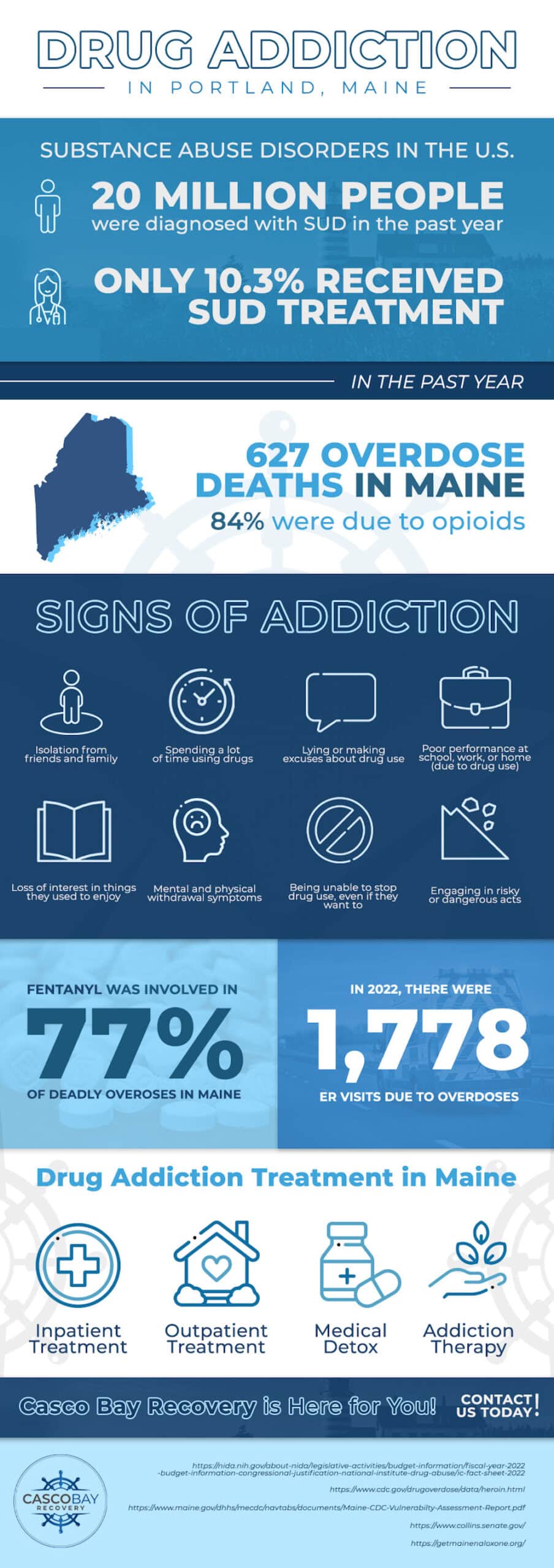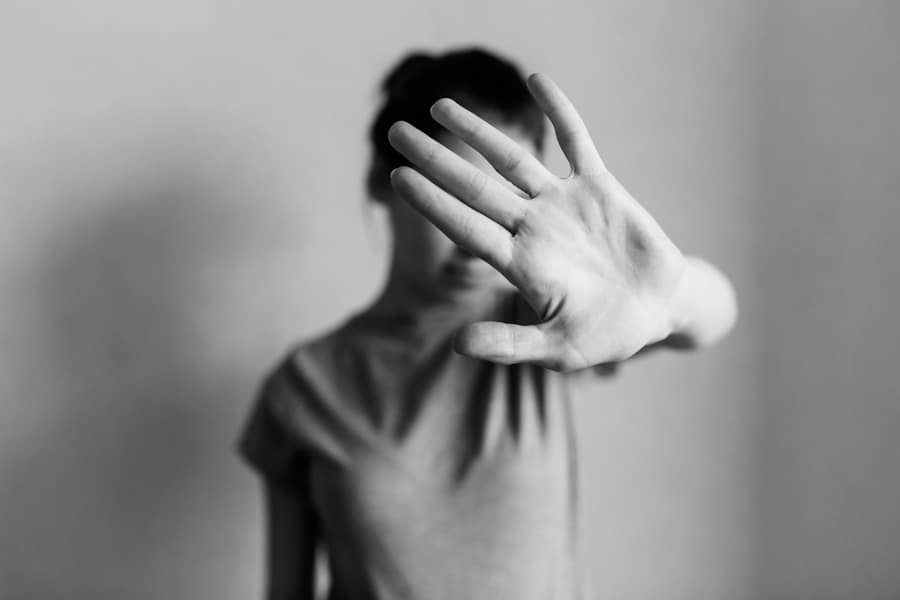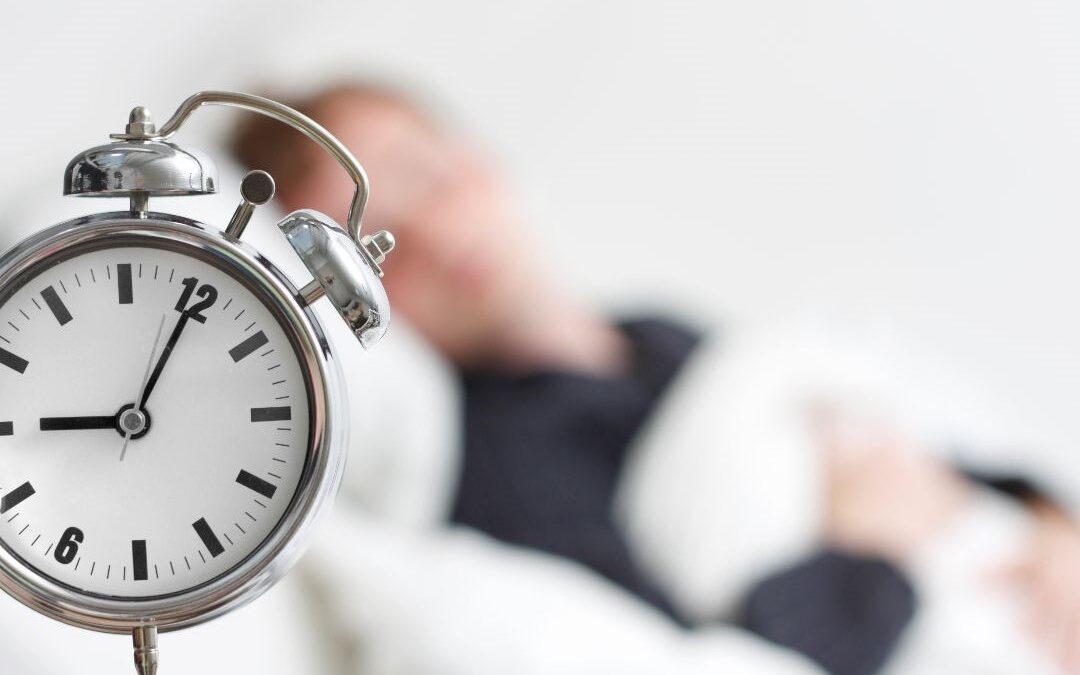Drug Addiction in Maine: Understanding the Reality and Finding Hope
Addiction is one of the most pervasive issues in society today, affecting millions of individuals across the United States, including those who reside in Maine. The drug addiction problem in this state is widespread, with a rise in drug overdose deaths and opioid prescriptions.
It’s essential to shed light on the grim reality of addiction in Maine and offer hope for recovery through education and treatment.
Understanding Addiction
Addiction is a chronic, relapsing brain disease that causes compulsive drug-seeking and use despite negative consequences. It changes the brain’s structure and function, making it difficult to control impulses, make decisions, and feel pleasure.
The disease of addiction is complex, and it often stems from multiple factors, including genetics, environment, and personal history. Some people may be more vulnerable to addiction due to their biology, while others may develop the disease due to trauma or poor coping skills.
In Maine, substance abuse has become a prevalent health issue, with alcohol and prescription drugs being the most commonly abused substances.
Signs and Symptoms of Substance Abuse
The signs and symptoms of substance abuse may vary depending on the substance and the individual’s level of dependence. Some common indications of substance abuse include:
- Mood swings and changes in behavior
- Changes in eating and sleeping patterns
- Secretive behavior
- Neglecting responsibilities
- Financial problems
- Withdrawal symptoms
- Unexplained bruises or marks
Commonly Abused Substances in Maine
According to the National Institute on Drug Abuse (NIDA), the most commonly abused substances in Maine are opioids, alcohol, and benzodiazepines.
Opioids are prescription painkillers used for medical purposes, and they can be highly addictive when used improperly. Alcohol is a legal drug that is widely consumed, but excessive use can lead to dependency and addiction. Benzodiazepines are prescription drugs used for anxiety and sleep disorders, and they can be highly addictive.
Treatment Options for Addiction
Addiction is treatable, and there are various treatment options available to help individuals overcome the disease. The most effective treatment approach depends on the individual’s needs and the severity of the addiction.
Some common types of treatment for addiction include:
- Detoxification: A medically supervised process that helps individuals safely withdraw from the substance.
- Inpatient Treatment: A residential program that provides 24-hour care and support for individuals dealing with addiction.
- Outpatient Treatment: A program that provides counseling and support for individuals who do not require 24-hour care.
- Support Groups: Groups such as AA, NA, and SMART Recovery provide support and encouragement in a group setting.
- Medication-Assisted Treatment: The use of FDA-approved medications along with therapy to help individuals overcome addiction.
Hope for Recovery
If you or someone you know is struggling with addiction, there is hope for recovery. Treatment can help individuals overcome addiction and regain control of their lives.
Recovery is a lifelong journey, and it involves making positive choices, developing coping strategies, and finding a support system that encourages sobriety. It is important to seek professional help and surround yourself with positivity and support during the recovery process.
Contact Casco Bay Today!
If you or a loved one is struggling with addiction, do not wait to seek help. Casco Bay Recovery is here to provide the support and treatment needed to overcome addiction and find a path to recovery. Contact us today to learn more about our treatment options and how we can help. Together, we can break free from addiction and find hope for a brighter future.








